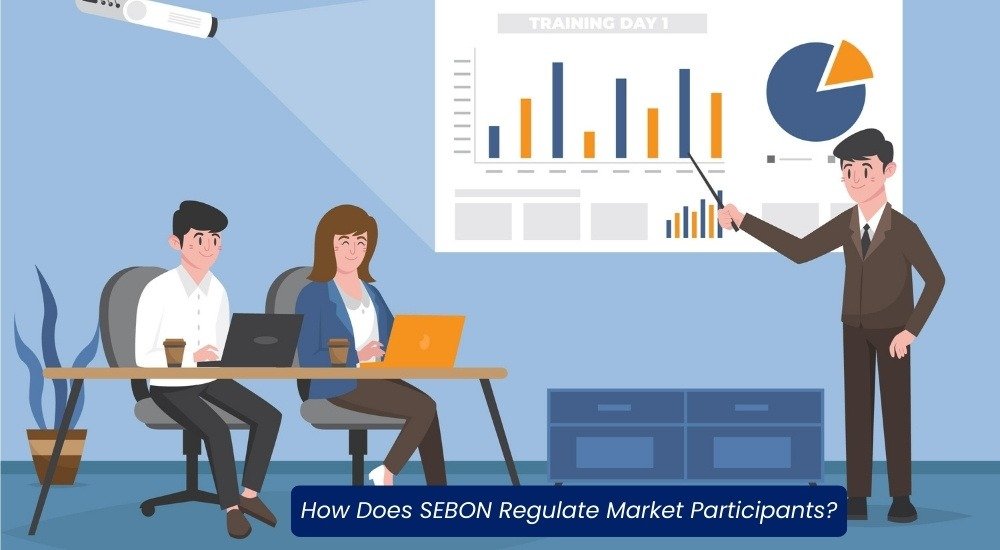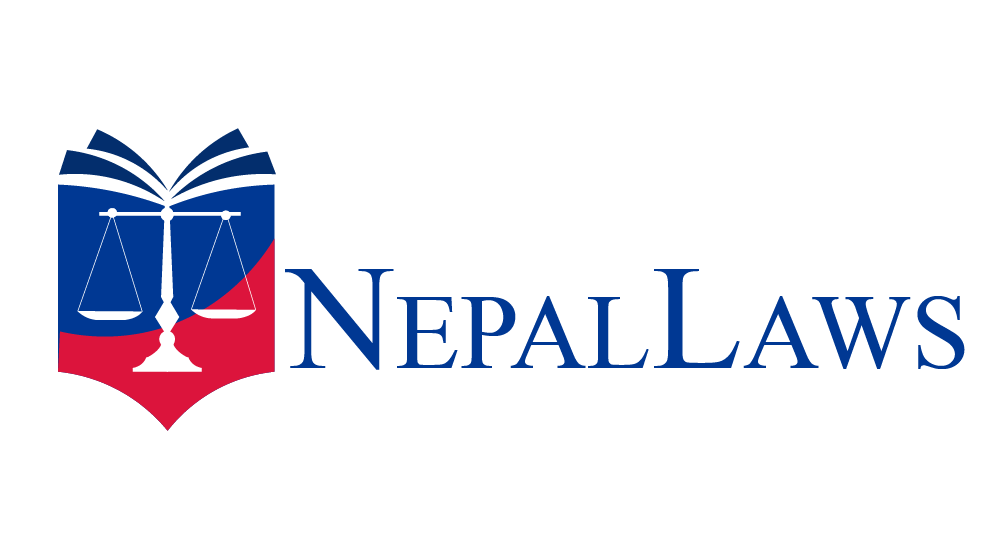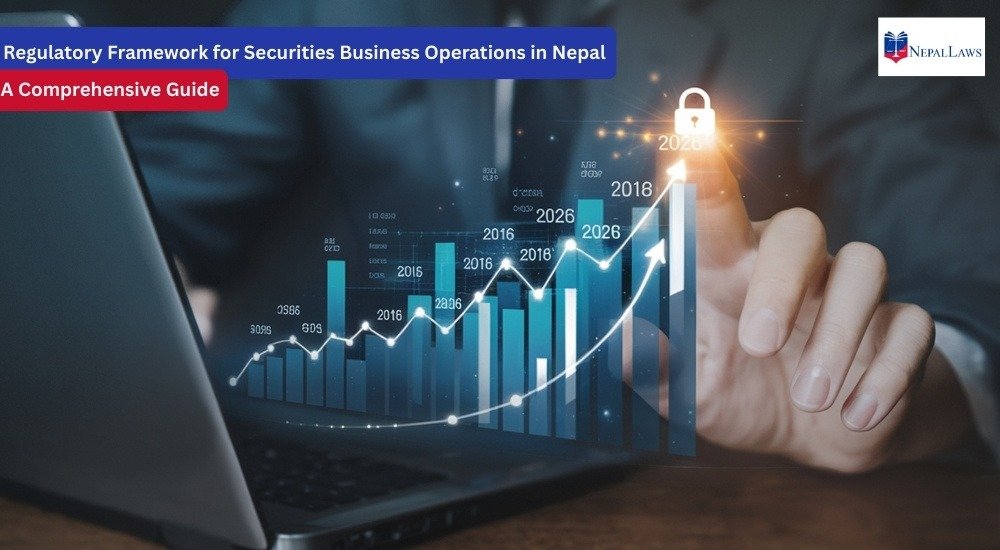The Securities Board of Nepal (SEBON), established on June 7, 1993, is Nepal’s primary authority overseeing the securities market. Its role is vital in ensuring market integrity, safeguarding investors, and supporting the growth of Nepal’s financial sector. Since its inception, SEBON has been central to the development of Nepal’s modern capital markets, especially following the transformation of the Securities Exchange Centre into NEPSE, laying the foundation for a robust financial ecosystem.
SEBON acts as a watchdog, supervising stock exchanges, brokers, and other market intermediaries to ensure they comply with laws and regulations. Its core mission is to maintain a fair, transparent, and efficient market that safeguards investor rights, promotes capital formation, and upholds market integrity. By overseeing these entities, SEBON helps build investor confidence and supports the development of Nepal’s financial markets.
What Are the Legal Frameworks for Governing SEBON?
The Securities Board of Nepal (SEBON) operates under a set of laws that govern the issuance, trading, and regulation of securities in the country.
Its main legal authority stems from the Securities Act, 2063, which governs securities trading and the overall operation of Nepal’s capital market.
In addition to this primary law, several other regulations support SEBON’s work:
These rules guide how companies can offer securities to the public, ensuring proper disclosure and investor protection.
These outline the fees for services such as registration, licensing, and other regulatory functions.
Governs company formation, management, and corporate governance, which affects how companies issue securities and report financial information.
Ensures companies provide accurate and transparent financial statements for investors.
Gives SEBON authority to oversee and prevent illicit financial activities in investment and securities operations.
Guides regulations on foreign investments in Nepalese companies and securities.
Together, these laws provide a complete framework for regulating the securities market, protecting investors, and maintaining transparency in financial operations.
How Does SEBON Regulate Market Participants?
SEBON regulates brokerage firms, merchant banks, asset management companies, and investment intermediaries.
Through registration, licensing, and ongoing monitoring, SEBON ensures that only competent and compliant participants operate in the market.
This oversight mitigates malpractice risks and supports the stability of Nepal’s securities market.
What Are SEBON’s Legal Powers?
SEBON operates under the Securities Act 2063, which empowers it to:
- Register and regulate securities issuance and public offerings.
- License and supervise stock exchanges and market intermediaries.
- Regulate mutual funds and collective investment schemes.
- Prevent insider trading and market manipulation.
- Protect investors and enforce compliance.
SEBON also issues regulations, directives, and guidelines to implement the law and provide operational clarity.
Its work intersects with other laws, such as the Companies Act, the Asset (Money Laundering) Prevention Act, and the Nepal Rastra Bank Act, ensuring coordinated oversight across the financial sector.
How Is SEBON in Nepal Structured?
SEBON’s governance comprises a seven-member board, which includes a full-time chairperson, government representatives, and experts from financial institutions, professional bodies, and the private sector.
This balanced composition ensures diverse expertise while avoiding regulatory capture. Operationally, SEBON is divided into four departments:
- Regulation Department – handles securities registration, IPO approvals, listing processes, and market development initiatives.
- Supervision Department – monitors brokers, dealers, listed companies, and intermediaries, conducting on-site inspections and enforcing compliance.
- Commodity Market and Research Department – focuses on commodity market development, market research, and international coordination.
- Management and Legal Department – oversees administrative, financial, HR, and legal functions, ensuring smooth institutional operations.
These departments are further divided into specialised divisions focusing on stockbrokers, mutual funds, listed companies, policy research, and enforcement.

What Are SEBON’s Core Functions?
Advising the Government
SEBON provides expert guidance on capital market policies, securities legislation, taxation, and investment frameworks.
This includes strategic input on economic development initiatives, attracting foreign investment, and aligning Nepal’s financial markets with international standards.
Securities Registration and Issuance
SEBON ensures that companies issuing securities to the public meet disclosure and transparency standards.
This includes reviewing prospectuses, validating financial information, and approving offerings.
While SEBON does not endorse investment quality, it ensures investors have access to material information for informed decision-making.
Licensing Stock Exchanges and Market Intermediaries
SEBON licenses NEPSE and other exchanges, as well as stockbrokers, dealers, merchant bankers, fund managers, and credit rating agencies.
Licensing ensures participants are financially sound, professionally qualified, and compliant with operational and governance standards.
Mutual Fund and Investment Company Oversight
SEBON registers and supervises mutual funds, collective investment schemes, and, more recently, investment companies in accordance with anti-money laundering laws.
It monitors portfolio management, trustee governance, disclosures, and investor protection measures.
Market Surveillance and Enforcement
SEBON continuously monitors trading activity to detect insider trading, market manipulation, and irregular practices.
Enforcement actions include fines, license suspensions, trading restrictions, and criminal referrals, as necessary.
Investor Protection
SEBON operates the Investor Protection Fund, compensating investors for losses caused by intermediary defaults or fraud.
It also manages grievance mechanisms, conducts investor education programs, and promotes financial literacy across Nepal.
Regulation of Corporate Governance and By-Laws
SEBON reviews corporate governance standards for listed companies and approves exchange and depository by-laws, ensuring fairness, transparency, and compliance with statutory requirements.
International Cooperation
As an IOSCO member, SEBON collaborates with international regulators, exchanges information, participates in global forums, and coordinates on cross-border offerings.
This strengthens Nepal’s alignment with global best practices.
How Does SEBON Fund Its Operations?
EBON’s funding comes from a combination of government allocations, transaction fees, registration and licensing fees, fines, and investment income.
This diversified model ensures operational independence while maintaining sustainability.
What Are SEBON’s Strategic Initiatives?
SEBON’s 2025-2029 strategy emphasises institutional strengthening, market development, investor protection, technological modernisation, and international integration. Key initiatives include:
- Upgrading trading systems and implementing RegTech for surveillance
- Expanding the Investor Protection Fund and enhancing grievance mechanisms
- Facilitating new product development, including derivatives and (Real Estate Investment Trusts) REITs
- Regulating investment companies to address AML concerns and FATF compliance
- Potential licensing of additional stock exchanges to foster competition
What Challenges Does SEBON Face?
Applicants often face challenges, including understanding complex regulations, preparing the required documents, and meeting SEBON’s compliance standards.
Delays, limited expertise, and procedural complexities also complicate the registration and approval process. Here are the key challenges:
- Capacity Constraints – Limited human resources, technical expertise, and technology infrastructure for market supervision.
- Market Depth – Nepal’s securities market remains small, retail-dominated, and concentrated in financial institutions.
- Regulatory Enforcement – Complex investigations, limited penalties, and procedural delays reduce deterrence effectiveness.
- Corporate Governance – Weak boards, minority shareholder rights gaps, and related-party transaction concerns persist.
Conclusion
SEBON has evolved into a sophisticated regulator, playing a crucial role in safeguarding investor interests, promoting transparency, and fostering the development of Nepal’s capital market.
Recognising these efforts helps stakeholders appreciate the regulator’s ongoing commitment.
Its multi-faceted roles, from licensing and supervision to market development and investor education, ensure that Nepal’s capital markets evolve in line with international standards.
Despite ongoing efforts, challenges such as capacity building, market expansion, and enforcement effectiveness continue to affect progress.
SEBON’s strategic initiatives, technological adoption, and regulatory reforms aim to strengthen market integrity, transparency, and investor confidence, providing a clear path toward a more robust, credible, and investor-friendly securities market in Nepal.





